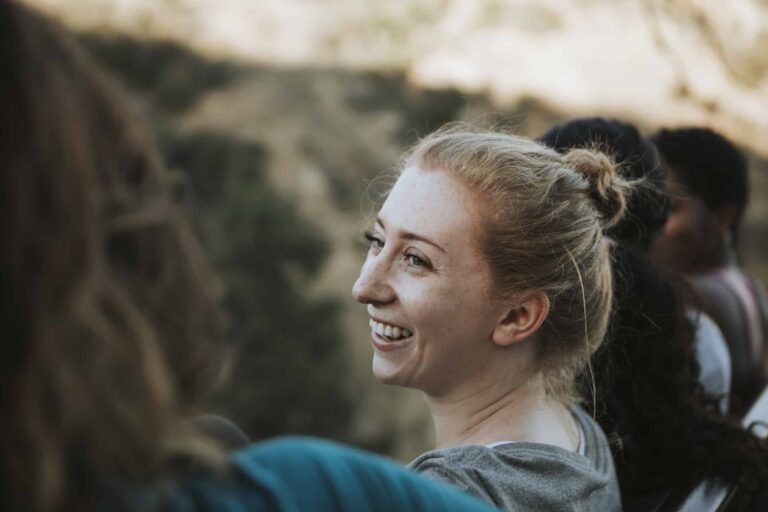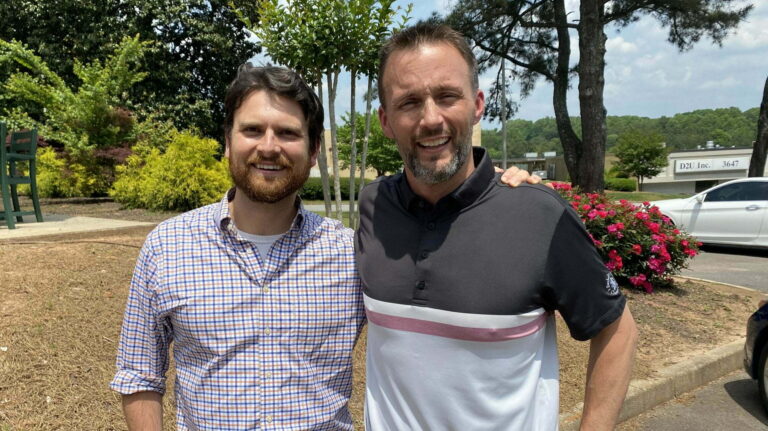Loving someone with an addiction can be more than just difficult – it may even seem impossible. The weight of worry, responsibility, and not understanding addiction can cause many to give up on loved ones and even unintentionally interfere in their recovery.
Thankfully, that doesn’t have to be your story.
What is Addiction
Society has given many a false narrative of what addiction is. We hear someone is an alcoholic or a substance abuser and think, “Why can’t they just stop? Do they not see how they’re harming themselves and others?” Or maybe it’s more personal and you ask, “Aren’t I more important to you than drinking or using drugs?” Of course, the answer is that you are – but it’s not that simple for someone struggling with addiction.
Decades of scientific research have shown that addiction is a chronic but treatable medical condition involving changes to brain circuits involved in reward, stress, and self-control. Although many other factors affect addiction, it comes down to it being more than just a simple choice. For more information on the science behind addiction, head here.
Tools for Healthy Living
For those whose loved one are in the midst of addiction, they are usually experiencing symptoms of their own. These can look like putting their loved one’s needs before their own, being emotionally drained, losing touch with friends, and many more. See below for ways to cope with these symptoms and start healing:
- Join a support group
- Go on vacation
- Begin a new hobby
- Set clear boundaries with your loved one
- Focus on your own needs
MARR’s Resources
Here at MARR, we believe in helping the entire community surrounding our clients, and loved ones are a huge part of that. For that reason, we offer a one-day Loving Someone With Addiction workshop where family/loved ones are invited to learn, share, and hopefully heal.
If interested in getting help for either yourself or a loved one, the first step is a phone call or message to our Clinical Assessment Team. Our licensed and certified clinicians are available for a confidential and complimentary conversation about the next steps you can take to get help. Call us at (678) 736-8694, or you can reach out via the chatbox.



